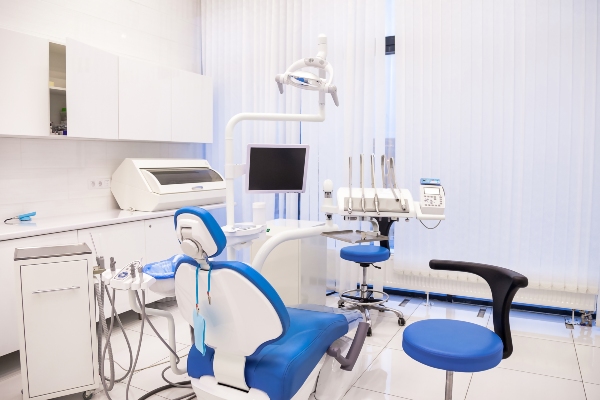 Seeing an emergency dentist as soon as possible is crucial when dealing with sudden dental pain, trauma, or an urgent oral health issue. Taking the right steps before the appointment can help minimize discomfort, prevent further damage, and ensure a smoother treatment process. Here are five important things to do before visiting an emergency dentist.
Seeing an emergency dentist as soon as possible is crucial when dealing with sudden dental pain, trauma, or an urgent oral health issue. Taking the right steps before the appointment can help minimize discomfort, prevent further damage, and ensure a smoother treatment process. Here are five important things to do before visiting an emergency dentist.
1. Assess the severity of the emergency
Understanding the urgency of the situation helps determine the best course of action. Severe toothaches, knocked-out teeth, excessive bleeding, or facial swelling require immediate care. Minor discomfort, such as a chipped tooth or a lost filling, may still need prompt attention but may not be as urgent. Identifying the severity of the issue allows for better communication with the emergency dentist when scheduling the appointment.
2. Manage pain and swelling
Before seeing an emergency dentist, managing pain and swelling can help provide temporary relief. Applying a cold compress to the affected area can reduce inflammation and numb discomfort. Over-the-counter pain relievers, such as ibuprofen or acetaminophen, can also help alleviate pain. However, aspirin should be avoided in cases of bleeding, as it can thin the blood and worsen the condition.
3. Preserve a knocked-out or broken tooth
If a tooth has been knocked out, correctly handling it increases the chances of successful reattachment. The tooth should be picked up by the crown, avoiding contact with the root. Rinsing it gently with water to remove dirt is recommended, but scrubbing should be avoided. The tooth should be placed in a clean container with milk or a saline solution and taken to the emergency dentist as soon as possible. If a tooth is broken, collecting any fragments may also assist in restoration.
4. Avoid eating or drinking certain substances
To prevent further irritation or damage, avoiding extremely hot or cold foods and beverages before the emergency dental visit is important. Hard or sticky foods should also be avoided, as they can worsen the injury. If there is significant pain or sensitivity, drinking lukewarm water can help keep the mouth hydrated without aggravating the affected area.
5. Contact the emergency dentist immediately
Once the issue has been assessed and temporary relief measures have been taken, calling the emergency dentist is the next step. Providing details about the injury or pain allows the dental office to prioritize the appointment and give further instructions for care before the visit. Sometimes, an immediate appointment may be necessary, while other situations may require scheduled emergency care within the next available time slot.
Be prepared for emergency dental visits
Taking the right steps before visiting an emergency dentist can help improve treatment outcomes and reduce complications. Acting quickly, managing discomfort, and preserving damaged teeth contribute to a more effective recovery. Knowing what to do in advance ensures that urgent dental care is handled efficiently and with the best possible results. For more information, schedule a consultation at River Falls Family Dental.
Request an appointment or call River Falls Family Dental at 812-962-7342 for an appointment in our New Albany office.
Related Posts
If you have severe dental pain, an infection, or an injury, seeing an emergency dentist can give you immediate relief. However, following the recommended care instructions after professional treatment is important to ensure proper healing and avoid potential complications. Following these post-treatment guidelines can lead to a smoother recovery and better overall oral health.Following a…
Oral health myths can often lead to misguided attempts to solve dental problems, potentially making things worse. Emergency and general dentists frequently treat patients who have attempted (and failed) to manage dental emergencies with these quick fixes. Debunking common myths about oral health can save patients time, money, and trouble. Along with that, debunking these…
An emergency dentist is essential for anyone facing unexpected dental issues that require immediate attention. Whether the issue is a severe toothache, injury, or infection, seeking help from an emergency dentist provides prompt evaluation and treatment to prevent further complications. Taking immediate action allows patients to alleviate pain and avoid long-term damage to their oral…
